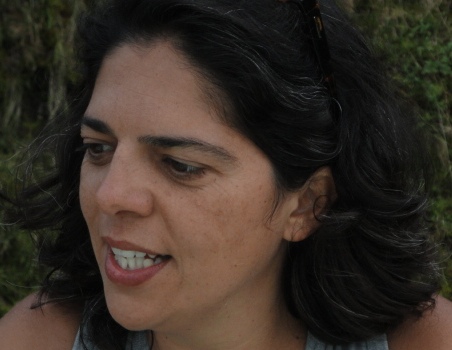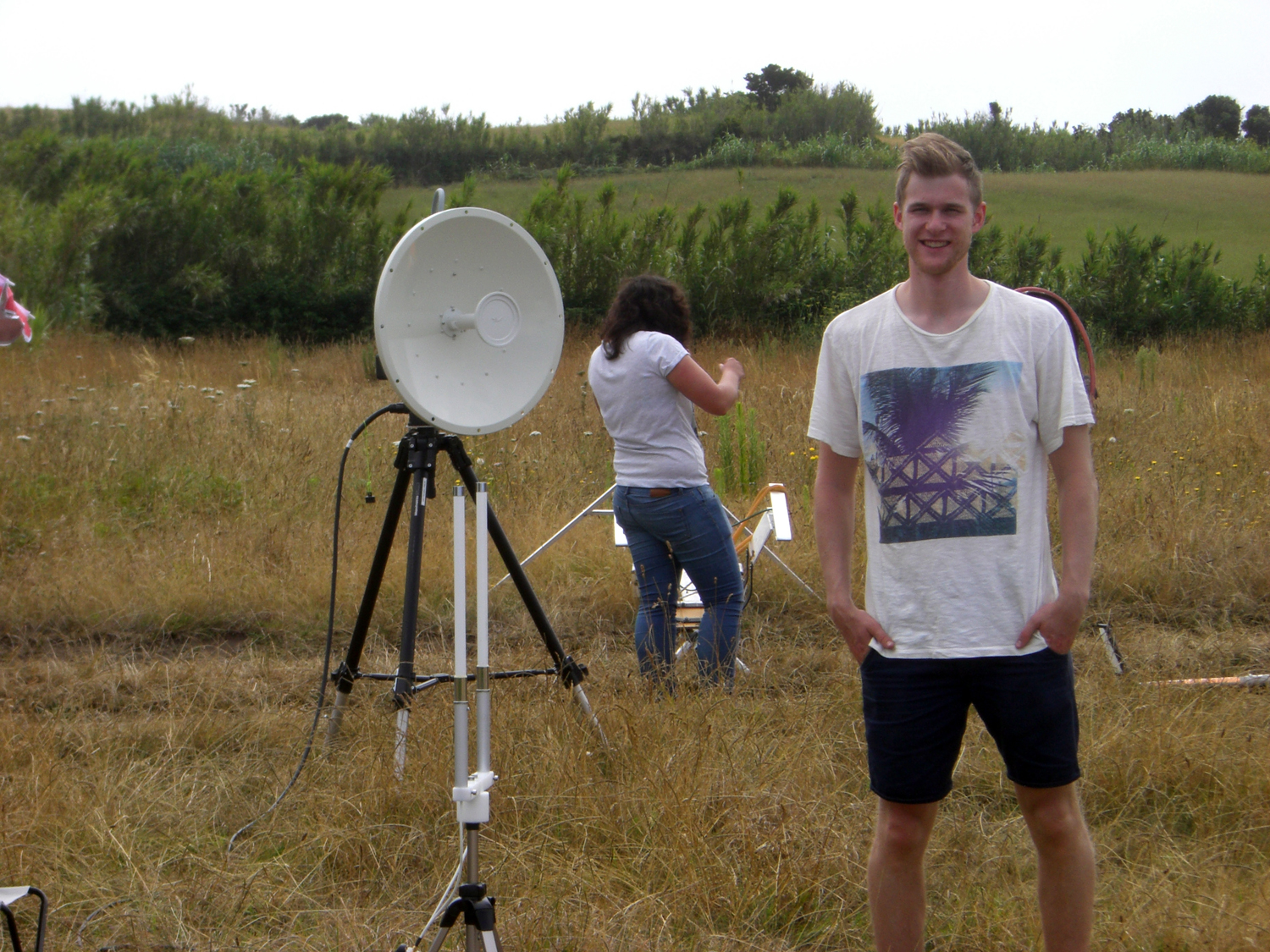Mónica Almeida e Silva
Together with colleagues from IMAR/DOP, I’m responsible for the overall scientific coordination of REP-15, setting up goals and scenarios for operations.
My daily work also requires a lot of planning and coordination, working at sea with large whales and dolphins, and good weather. Main challenge of REP is coordinating goals and work of such a large team.
I expect to gain a better understanding of the habitat preferences of pelagic predators; i.e, why whales, dolphins, sharks, tunas, and other marine predators choose to forage in some areas and not in others? What are the physical and biological characteristics of these preferred areas?
Aligning goals among sciences and scientists.
A better understanding of the potential and limitations of marine robotics to help answering my scientific questions.


